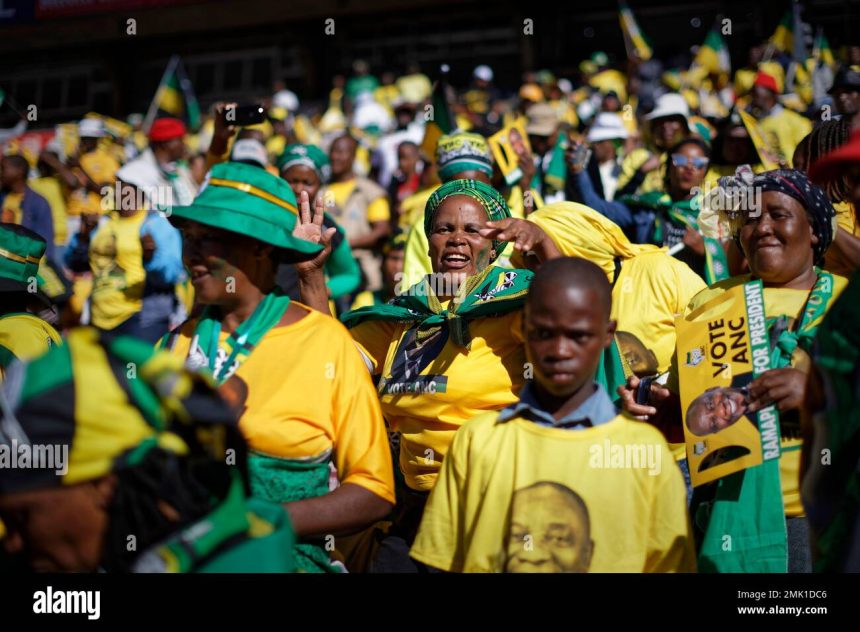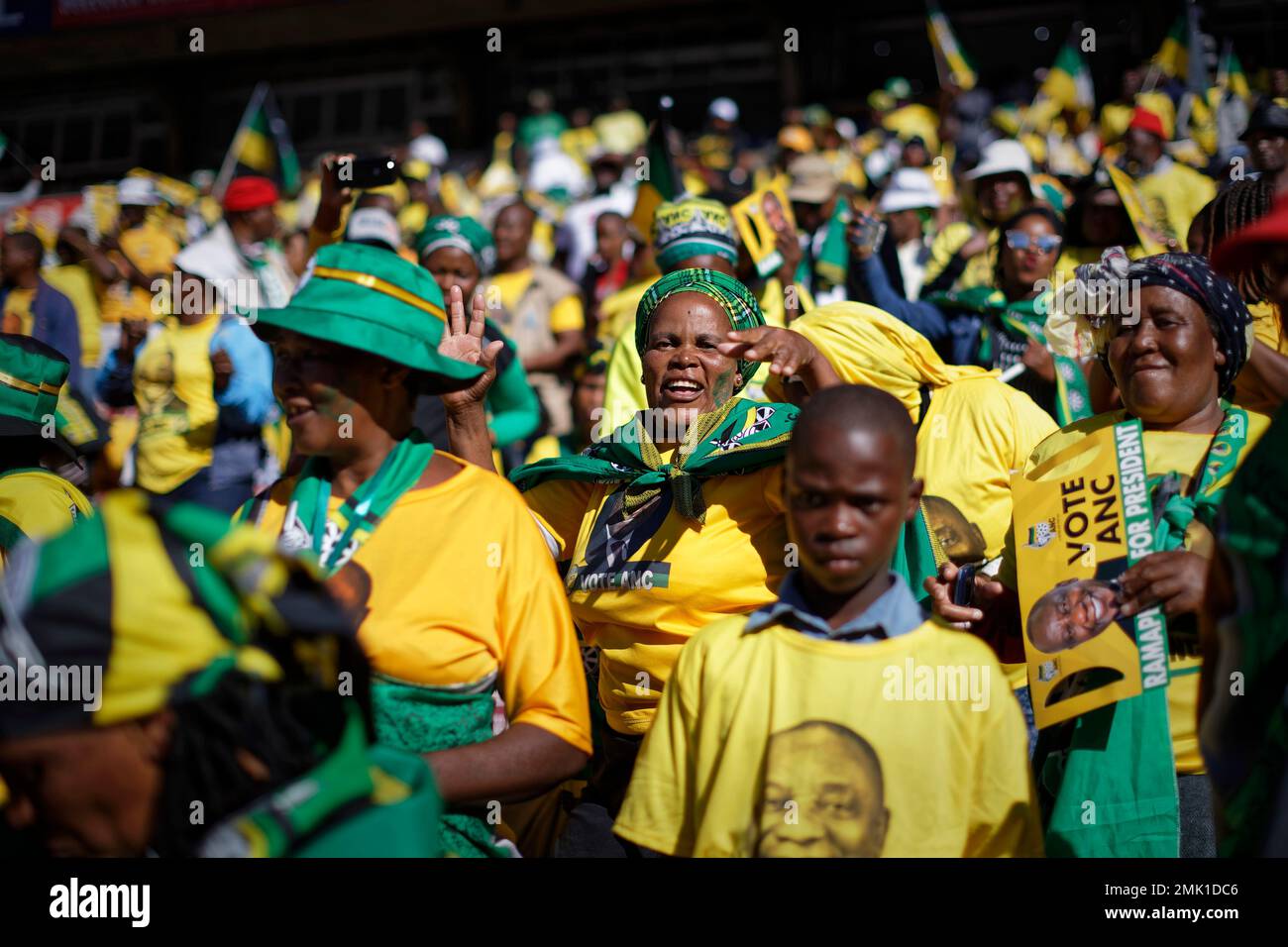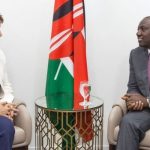The once mighty African National Congress (ANC), South Africa’s ruling party since the dawn of democracy in 1994, is about to have its assets seized, including its headquarters.
The much-vaunted ‘oldest liberation movement in Africa’ recently had a third attachment order issued against it for non-payment of debts incurred in the party’s 2019 national elections, even as it fought desperately in court to stave off a similar previous order.
Behind the latest court action lies the story of the rise of one of Africa’s great and iconic anti-colonial movements, which organically and ultimately successfully challenged the injustices of systemic racial injustice, land dispossession and oppression – but also, over the past decade and a half, the story of its steady decline.
The ANC, the party of Nelson Mandela, whose name may well outlive that of the party to which he dedicated his life, is broke and in serious trouble on almost every front.
Not only does it now owe some $7.7 million to the small company, Ezulweni Investments, which it hired to produce election paraphernalia in 2019, according to the order issued late last week, but it also owes its own employees, as the party has failed to pay ANC officials and staff three times in recent months.
In each case, the ANC has found someone to bail it out, but raising funds under a law of its own making, signed into law by the ANC and South African President Cyril Ramaphosa in April 2021, makes it almost impossible for the ANC to stay afloat financially.
The new Political Parties Financing Act not only prohibits foreign powers or their agents from funding domestic parties in South Africa, but also requires parties to disclose their major funders for public scrutiny.
Given the tsunami of corruption revelations that began to emerge even as Ramaphosa signed this bill into law, the consequences for the ANC were severe: no major private organisation wanted to be seen to be in the good graces of corrupt ANC officials, and the party’s funding literally dried up overnight.
Long accustomed to handouts from international supporters during its time in exile, and from internal supporters since the early 1990s, the ANC had become entirely dependent on regular, but previously undisclosed, millions of dollars in donations, some from private entities later found to have been involved in corruption.
The ANC’s now publicly available funding has been limping along since early 2021, leaving the party – which has some income from its investment arm, but far less than it needs to run the party – on the verge of destitution.
With membership down from 1.4 million a decade ago to just 600,000 at the end of 2022, not even all of whom are fully paid up, the party is on the verge of being declared insolvent, just as its youth league was in 2018.




